Sony just dropped a bombshell by shutting down the servers of their online shooter Concord, a mere 12 days after launch. This news has left fans stunned, some even calling it the “worst flop in AAA gaming history.”
Developed over eight years with a whopping budget of over $100 million, Concord failed to reel in players, garnering less than 100 users on Steam. Consequently, Sony has decided to cut their losses by offering refunds to the few buyers who are rushing to snag the platinum trophy before Concord’s servers go dark.
Fans React to Concord Shutdown
In the wake of this massive failure, many gamers took to social media to vent their frustration and amusement, dubbing Concord as Sony’s “biggest flop.” Comparisons have even been drawn to the infamous E.T. game on Atari, which is often cited as a major factor in the video game crash of 1983.
- On Reddit, one user branded the situation “an unprecedented disaster in the AAA realm,” noting that even the canceled game Hyenas fared better in its beta phase.
- Others criticized Concord for being too similar to Overwatch while borrowing elements from Guardians of the Galaxy, resulting in a lack of originality.
Gamers also left scathing comments on YouTube, where the launch trailer amassed over 31,000 thumbs-downs compared to just 2,000 thumbs-ups. Similarly, the gameplay trailer released three months prior saw 70,000 negative reviews.
Concord was supposed to be a cornerstone of Sony’s new live service game strategy. This failure could force the company to rethink its ambitious plan to release 12 live service games by 2026, a goal that has already been scaled back to six titles to improve quality.
Will Sony Rethink Its Live Service Strategy?
Despite this setback, the game’s director, Ryan Ellis, stated that the team is exploring ways to revive the title, though there’s no guarantee it will return. Concord might make a comeback in a different form, possibly as a free-to-play game, but no specifics have been disclosed yet.
Regardless of its future, Concord will serve as a stark reminder of the risks involved in live service online games. This failure underscores how quickly a game can collapse without strong player engagement right from the get-go.


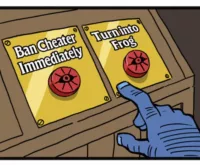


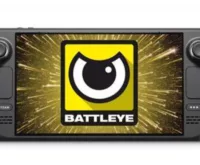




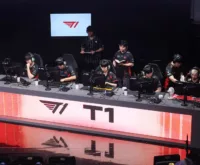
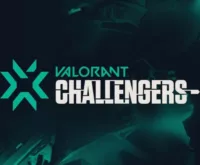


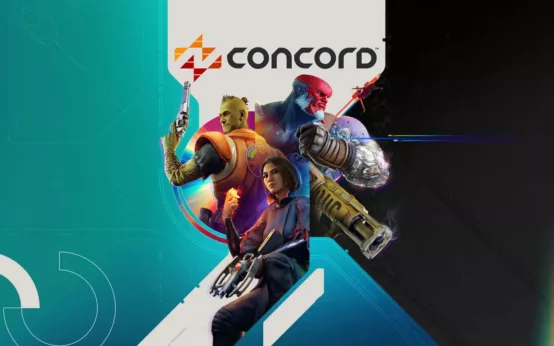 Concord Gamers Race for Platinum Trophy as Server Shutdown Looms
Concord Gamers Race for Platinum Trophy as Server Shutdown Looms 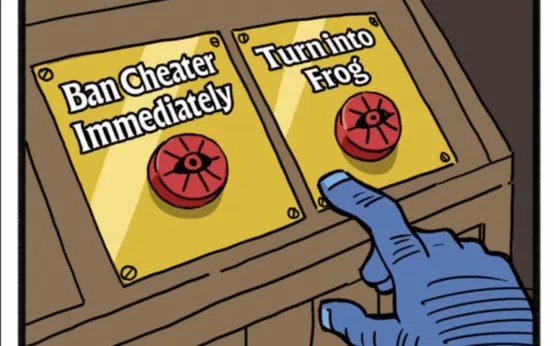 Deadlock Update Meet Mirage AntiCheat Overhaul and Fresh Gameplay Tweaks!
Deadlock Update Meet Mirage AntiCheat Overhaul and Fresh Gameplay Tweaks! 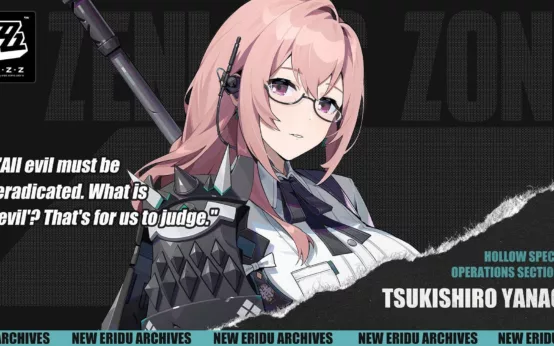 Unveiling Yanagi in Zenless Zone Zero 13 Meet the Electrifying New Agent and Dive into Her Role
Unveiling Yanagi in Zenless Zone Zero 13 Meet the Electrifying New Agent and Dive into Her Role  No Updates for The First Descendant Until October 10 Nexon Reveals Why
No Updates for The First Descendant Until October 10 Nexon Reveals Why  GTA Online Update Tanks Playability on Steam Deck
GTA Online Update Tanks Playability on Steam Deck  Apex Legends Update September 17 Dive into the AllNew Space Hunt Event and Balance Tweaks
Apex Legends Update September 17 Dive into the AllNew Space Hunt Event and Balance Tweaks 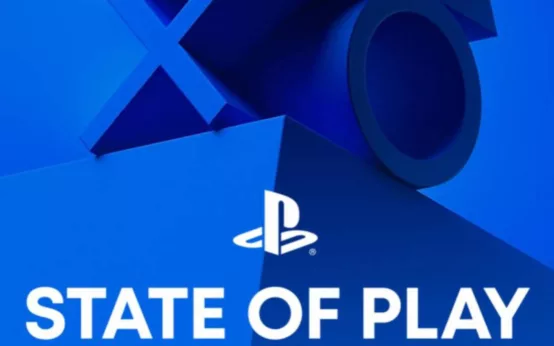 PS5 Gamers Mark Your Calendars Leaks Reveal September 24th Could Be GameChanging
PS5 Gamers Mark Your Calendars Leaks Reveal September 24th Could Be GameChanging